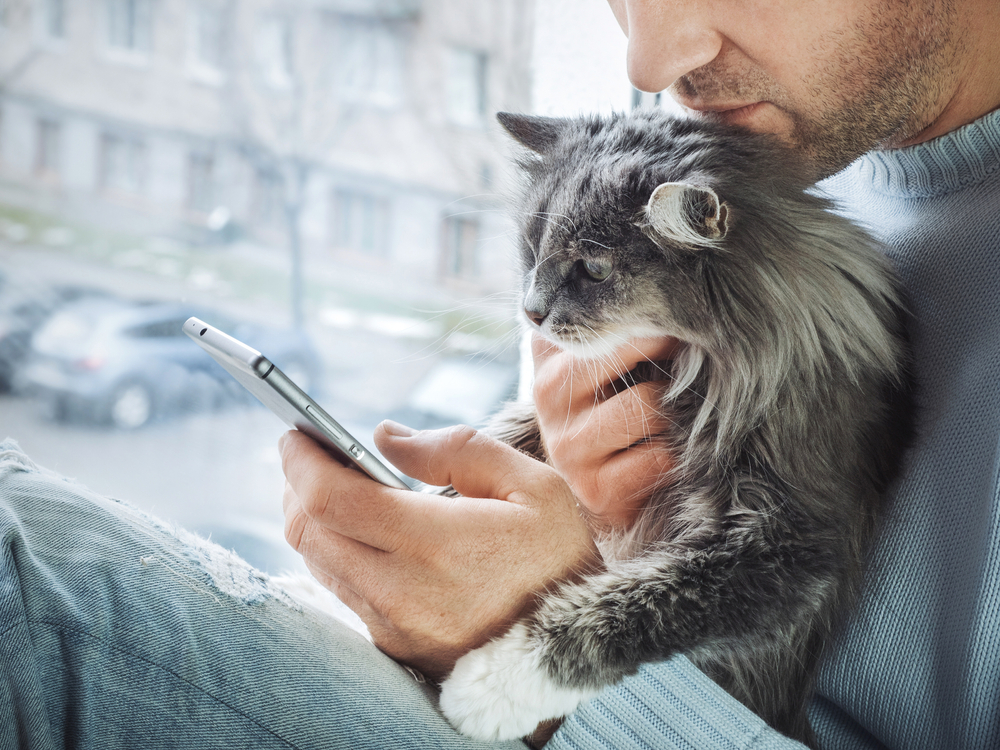6 Signs Your Cat Needs to See a Vet Immediately
Cats have often been labeled as “low maintenance” pets. They’re known for their independent nature and ability to take care of themselves. As a result, many cat owners may not prioritize regular veterinary check-ups, thinking that their feline friend will be just fine without them. However, this couldn’t be further from the truth. Cats are masters at hiding their illnesses, and neglecting their healthcare can lead to severe consequences.
At Capital Home Veterinary Care, we understand the unique needs of your cat and the challenges of getting them to a traditional veterinary clinic. That’s why we offer a convenient solution: our mobile vet clinic, which eliminates the stress of car rides and waiting rooms. In this blog, we’ll discuss the importance of seeking medical care for your cat and highlight six crucial signs that indicate your cat needs immediate attention.
6 Signs Your Cat Needs To See A Vet
1. Changes in Appetite
Cats are known for their selective eating habits, but sudden changes in appetite, whether an increase or a decrease, can be a red flag. If your cat is eating significantly less or more than usual, it could be due to various underlying health issues, such as dental problems, digestive disorders, or systemic illnesses.
2. Weight Loss or Gain
Unexplained weight loss or gain in your cat should never be ignored. This could be a sign of an underlying illness, including diabetes, thyroid issues, or even cancer. Regular weight monitoring and consultation with a veterinarian are essential to ensure your cat maintains a healthy weight.
3. Changes in Behavior
Cats are creatures of habit, so any noticeable changes in their behavior should raise concerns. This includes increased aggression, excessive meowing, lethargy, hiding, or decreased social interaction. Behavioral changes can be indicative of pain, stress, or illness.
4. Vomiting or Diarrhea
Occasional vomiting or diarrhea may not be unusual, but if these symptoms persist or become severe, it’s time to consult a vet. These issues can be caused by infections, allergies, dietary problems, or underlying diseases.
5. Difficulty Urinating or Blood in Urine
Straining in the litter box, frequent trips to the litter box with little to no urination, or the presence of blood in the urine are all potential signs of urinary tract issues. These problems can be painful and indicate a variety of medical conditions, including urinary tract infections or bladder stones.
6. Respiratory Distress
Cats can suffer from respiratory problems, and any signs of labored breathing, coughing, or wheezing should not be taken lightly. These symptoms can point to conditions like asthma, allergies, or even heart disease.
Prioritize Your Cat’s Health with Capital Home Veterinary Care
The importance of regular veterinary care cannot be emphasized enough. While cats may appear independent and self-sufficient, they rely on us to monitor their health and provide medical attention when necessary.
If you notice any of these signs or have concerns about your cat’s health, don’t hesitate to contact Capital Home Veterinary Care. Our mobile vet clinic brings quality healthcare directly to your doorstep, ensuring your cat receives the care they deserve without the stress of traditional vet visits. Book an appointment with us today and give your feline companion the best chance at a happy and healthy life. Your cat’s well-being is our top priority.

